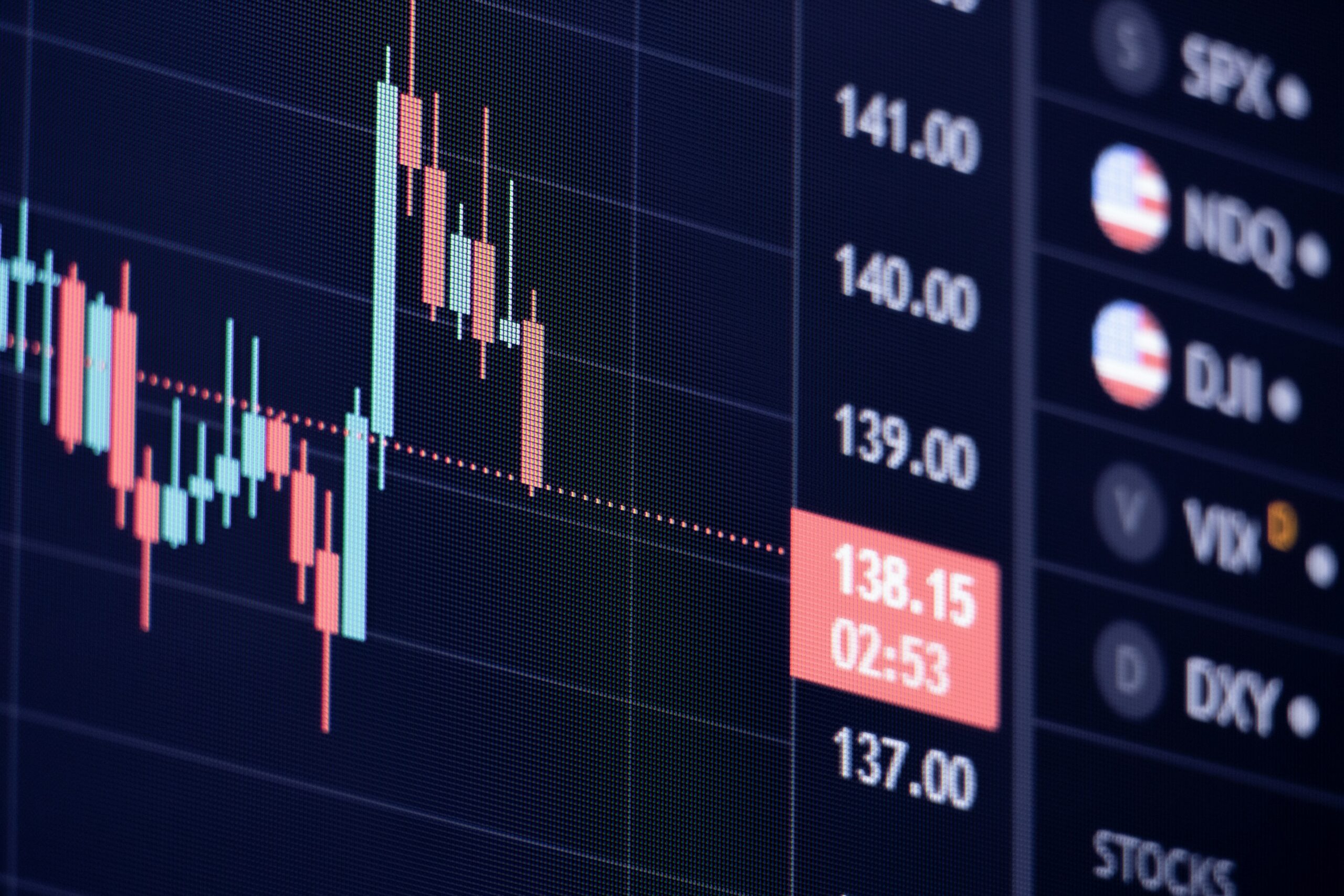In today’s fast-evolving financial landscape, both cryptocurrency markets and stock exchanges offer unique opportunities for wealth creation. However, when it comes to trading vs investing, the differences between these two markets become clear. Understanding these distinctions is crucial for building a smart financial strategy in 2025.
What Is the Difference Between Trading and Investing?
Trading and investing are often used interchangeably, but they follow different approaches. Investing involves holding assets for the long term, often years, based on their potential to grow in value over time. Trading, on the other hand, focuses on short-term market movements, aiming to profit from price fluctuations.
Mindset and Time Horizon
Investors usually take a long-term view. Their goal is to build wealth gradually through steady growth and compounding returns. Traders seek to take advantage of market volatility and may open and close positions within hours, days, or weeks.
Risk and Reward Profile
Investing tends to be lower risk and lower reward in the short term, but potentially very rewarding over the long run. Trading is higher risk due to rapid price movements and market volatility, especially in crypto.
How Does Trading Work in the Stock Market?
Stock market trading is relatively mature and highly regulated. Traders rely on technical analysis, market indicators, and economic news to make short-term decisions.
Day Trading and Swing Trading
Stock traders often use strategies like day trading and swing trading. They capitalize on trends, earnings announcements, and market momentum. The presence of institutional players and advanced analytics makes the stock market relatively stable.
Regulatory Framework
The U.S. stock market is monitored by the SEC and other financial regulators. This oversight ensures transparency, reduces fraud, and enforces trading rules, making it safer for individual traders.
How Does Trading Work in the Crypto Market?
Crypto trading is largely unregulated in many regions, including parts of the U.S. This creates both opportunity and risk.
24/7 Market Access
Unlike traditional stock exchanges that close after business hours, crypto markets operate 24/7. This constant access allows traders to act on news instantly, but also demands greater attention and risk management.
Higher Volatility
Crypto assets are known for their extreme price swings. A coin’s value can double or crash within a day. This volatility is attractive for short-term traders but requires experience, discipline, and tools to manage losses.
How Is Investing Different in Stocks vs Crypto?
When investing in stocks, you are usually buying ownership in a company with revenue, products, and leadership. It’s a tangible asset with a track record and business model.
Dividend Income and Growth
Stock investors may earn dividends and benefit from capital appreciation. Companies like Apple or Microsoft have long-term growth potential with lower risk.
Crypto as a Speculative Investment
Crypto investing often relies on belief in future adoption or use cases, such as blockchain utility or decentralized finance. Bitcoin and Ethereum are popular long-term holdings, but their future value remains speculative.
Which Is Better: Trading or Investing?
The answer depends on your goals, risk tolerance, and financial knowledge. If you’re looking for consistent growth over time, investing is likely the better choice. If you have the time, tools, and skills to analyze markets daily, trading may provide faster returns — but with greater risk.
Conclusion
Both trading and investing offer different benefits and challenges across crypto and stock markets. While stock exchanges provide regulation and long-term reliability, crypto markets bring innovation, higher risk, and 24/7 access. The key is to understand your objectives and choose the approach — or mix of both — that aligns with your financial goals.



